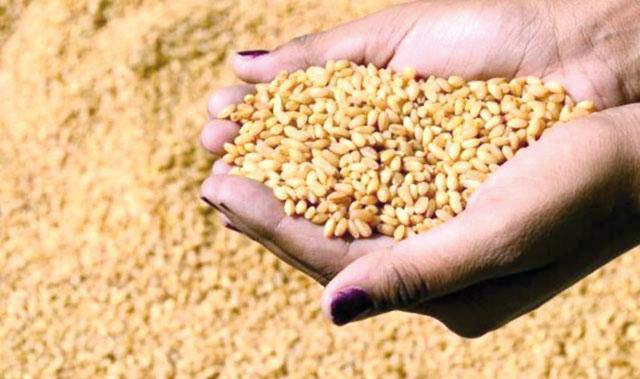- Local News
- Sun-2021-06-13 | 02:00 pm

Nayrouz News Agency :
Representative of the food sector at the Jordan Chamber of Commerce (JCC) Raed Hamadah on Saturday called for establishing a higher council for food security in the Kingdom in partnership between the public and private sectors.
Hamadah said that the council should serve in outlining a roadmap that contributes to sustaining a strategic reserve of basic commodities and foodstuff, the Jordan News Agency, Petra, reported.
He stressed the importance of establishing the council in light of the "remarkable and rapid" changes in the global prices of goods and services, especially with regard to foodstuff and sea freight.
Hamadah pointed to the importance of launching the council to exchange ideas and find appropriate executive mechanisms and solutions to mitigate the impacts of global increases in goods and services in the local market.
The council's tasks should also include developing plans and strategies that contribute to solving the sector's problems and stimulating it to expand and grow during the coming period, the sector representative added.
He stressed the need to exempt food trade from fees and taxes, in addition to providing support for the agricultural sector, which is a main pillar for achieving food security in the Kingdom.
The COVID-19 pandemic revealed the importance of facilitating the work of the food sector and addressing any obstacles facing it in a way that enables it to provide a safe stock of foodstuffs, he said, calling on expanding the list of goods imported from Syria to reduce shipping costs and the time required for goods deliveries to reach the local market.
He added that the COVID-19 pandemic has highlighted the importance of easing works of the foodstuff and addressing obstacles facing them in a way that enables it to provide a safe reserve of food items.
The Kingdom imports food at estimated annual value of $4 billion, part of which is raw materials, while the other part is products ready for consumption, Petra said.
The foodstuff sector constitutes 30 per cent of the size of the commercial sector, with more than 50,000 big and small facilities across the Kingdom, employing some 250,000 workers, Petra added.









